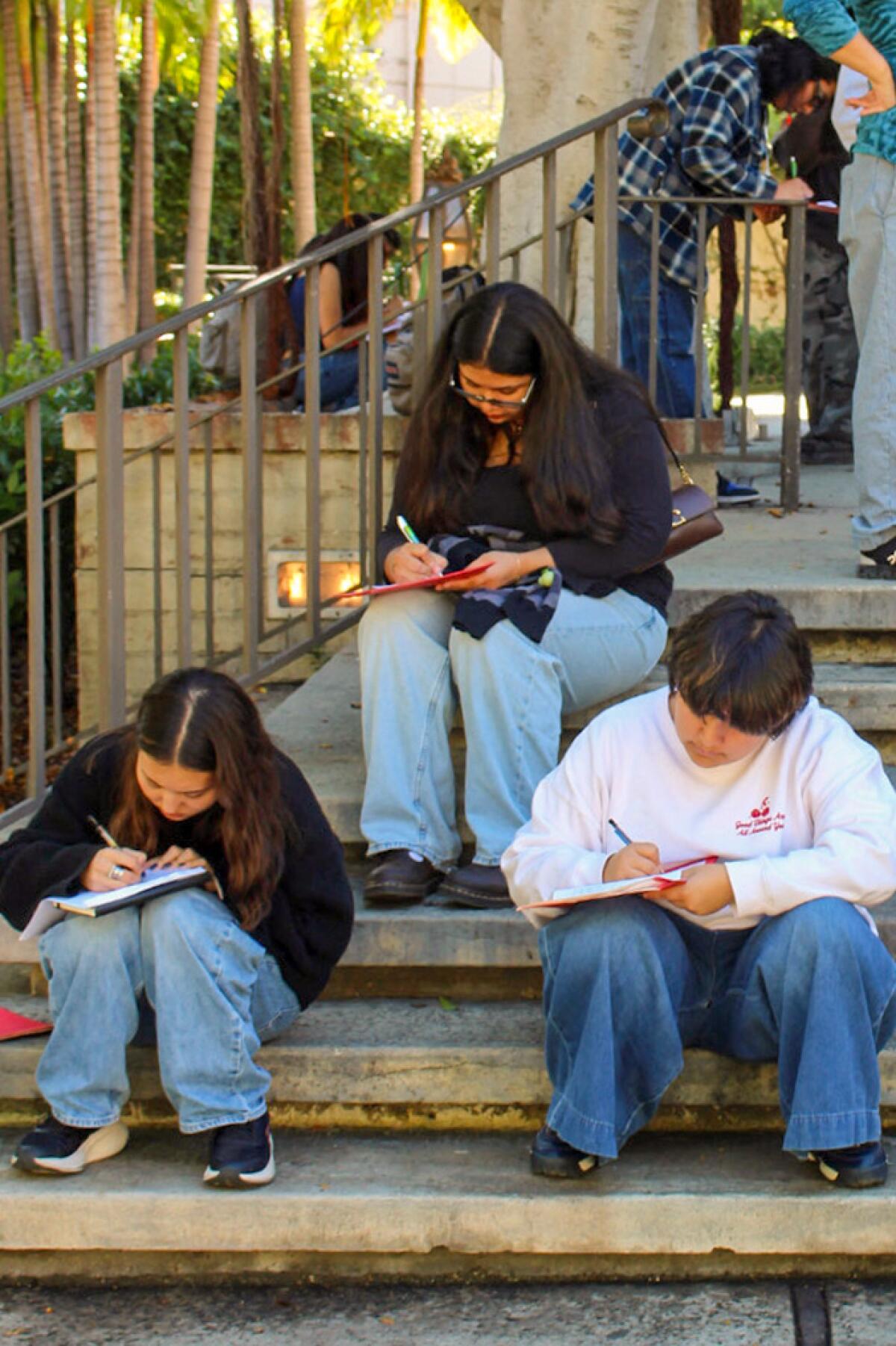Pass rushing poet Myles Garrett cited for speeding a ninth time
Myles Garrett is in a hurry to become the greatest pass rusher in NFL history. The Cleveland Browns All-Pro defensive end set the single-season sack record in 2025 and has cracked the top 20 career leaders after only nine seasons.
“I’m going to take that down, and I prefer I take it down in the next five years,” Garrett told Casino Guru News last month.
Off the field, however, his urgency to get from point A to B is a problem. He’s accumulating speeding tickets at an alarming rate.
On Feb. 21, Garrett was handed his ninth speeding ticket since his NFL career began in 2017. He was cited for driving 94 mph in a 70-mph zone on Interstate 71 between Cleveland and Columbus, Ohio.
The citation from the Wayne County Sheriff’s Office says Garrett was driving his green 2024 Porsche at 1:35 a.m., returning home after attending a Miami of Ohio basketball game in Oxford.
Body cam footage shows the officer telling Garrett that she kept the charge under 100 mph so that a court appearance wouldn’t be mandatory. Garrett reportedly still holds a Texas driver’s license — he attended Texas A&M — and told the officer that he did not have an Ohio license.

Cleveland Browns’ Myles Garrett wears a jacket displaying his girlfriend Chloe Kim before the women’s snowboarding halfpipe finals at the 2026 Winter Olympics, in Livigno, Italy.
(Lindsey Wasson / AP)
The officer wrote that the famously affable Garrett was “kind and cooperative,” and that drugs and alcohol were not a factor.
Garrett’s need for speed flies in the face of his persona. He has written poetry since high school, peppers social media with inspirational sayings and donates time and money to several charities.
His girlfriend is two-time gold-medal-winning U.S. Olympic snowboarder Chloe Kim, for whom he wrote a poem he shared on social media: “You enrapture fools to kings, and exist without a peer, put on this Earth for many things, but our love is why you’re here.”
Verse hasn’t slowed his roll. On Aug. 9 he was cited for ticket No. 8, clocked at 100 mph in a 60-mph zone in a Cleveland suburb a day after the Browns returned home from a preseason game at Carolina.
Garrett’s seventh ticket followed a frightening crash in 2022. He flipped his gray 2021 Porsche 911 Turbo S off State Road in Sharon Township and he and a female passenger were injured. He was cited for failing to control his vehicle due to unsafe speeds on what had been a slick roadway.
A witness told a responding police officer that Garrett’s vehicle went airborne, took out a fire hydrant and rolled three times. Garrett sustained shoulder and biceps sprains and was sidelined for the Browns’ game that week against the Atlanta Falcons. His companion was not seriously injured.
Cleveland television station WKYC reported that in September 2021 Garrett was stopped twice in a 24-hour period — for driving 120 and 105 mph. The infractions occurred on Interstate 71 in Medina County, where the speed limit is 70 mph, and he paid fines of $267 and $287.
A year earlier, Garrett was cited for driving 100 mph in a 65-mph zone of Interstate 77 — again while driving a Porsche — and paid a $308 fine. He accumulated his first batch of speeding tickets in 2017 and 2018, and the police reports recite similar circumstances: Garrett driving well over the speed limit, cited without incident, paid a nominal fine.
The piddly fines certainly aren’t a deterrent. Garrett, 30, and the Browns agreed to a four-year contract extension in March 2025 that made him the highest-paid non-quarterback in NFL history at the time. The deal pays the seven-time All-Pro more than $40 million a season and includes more than $123 million in guaranteed money.
He set the NFL single-season sack record with 23.0 last season, surpassing the 22.5 accumulated by T.J. Watt and Michael Strahan. Garrett has 125.5 career sacks, averaging 14 a season, a pace that would enable him to break Bruce Smith’s career record of 200 in five years.
“That is definitely on my mind to go out there and get,” Garrett said. “That’s a goal I’ve had for years now since college.”
Garrett has declined to discuss his driving habits.
“I’d honestly prefer to talk about football and this team than anything I’m doing off the field other than the back-to-school event that I did the other day,” he told reporters after ticket No. 8 in August, referring to a charity appearance.
“I try to keep my personal life personal. And I’d rather focus on this team when I can.”





